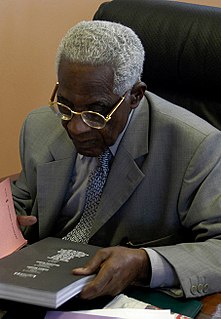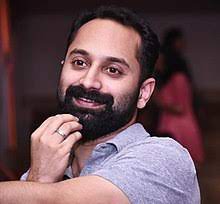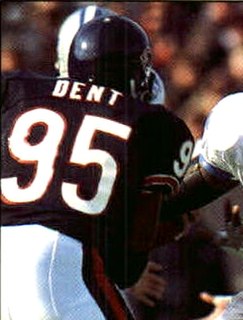A Quote by DeRay Mckesson
If City Hall started projecting swastikas, no one would say 'You know what? Free speech.' People would say that is wrong.
Related Quotes
I go down the street, I say hello to everybody, a stranger or otherwise. I know that they do not know me, but I like to say hello and I think they appreciate it. I notice their faces light up with a smile and I believe that if all the people in our great city...would do that, the whole world would begin to say it is the "Friendly City." You can do a tremendous thing here. We get so absorbed, we do not always speak to our friends. Speak to them, even strangers, you are not going to give offense.
What do you want in your life? What do you want in your relationships? And if you say, I'd like them to be harmonious; I'd like them to be free; I'd like not to be in a state of blame all the time or shame. If you answer like that, then I would say, look at what's unforgiven. Look at where you know you did wrong and you would like to go to that person and say - I'm sorry. Can we start over? If you want to have a happier life, I would say, practice forgiveness.
People who think they have no belief quite often say they want to pray but they do not know who or what they could be praying to. Aquinas would not say to such people, 'Ah, but you see, if you became a believer, a Christian, we would change all that. You would come to understand to whom you are praying.' Not at all. He would say to such people, 'If you became a Christian you would stop being surprised or ashamed of your condition. You would be happy with it. For faith would assure you that you could not know what God is until he reveals himself to us openly.'
I would hate to say as a non-African-American person that it would be wrong for a black person to direct white people in a movie. Wouldn't that be awful of me to say that? The only sympathizing thing I might say for people that want to [grumble] is that a filmmaker should have an understanding for the place where the people you're portraying are coming from.
I would rediscover the secret of great communications and great combustions. I would say storm. I would say river. I would say tornado. I would say leaf. I would say tree. I would be drenched by all rains, moistened by all dews. I would roll like frenetic blood on the slow current of the eye of words turned into mad horses into fresh children into clots into curfew into vestiges of temples into precious stones remote enough to discourage miners. Whoever would not understand me would not understand any better the roaring of a tiger.
When somebody is a little bit wrong - say, when a waited puts nonfat milk in your espresso macchiato, instead of lowfat milk - it is often quite easy to explain to them how and why they are wrong. But if somebody is surprisingly wrong - say, when a waiter bites your nose instead of taking your order - you can often be so surprised that you are unable to say anything at all. Paralyzed by how wrong the waiter is, your moth would hang slightly open and your eyes would blink over and over, but you would be unable to say a word.
I would go with my husband to the tailors where he gets his shirts made, and I would watch the bespoke process. I would ask them, "Would you be able to make that for me?" And they would always say, "Well, yes, but no." They were very French about it. I decided I would just do it for myself. And I started doing that. Then other people would notice, and want it. So I started doing things for friends, little pieces, and my own line grew that way.






































